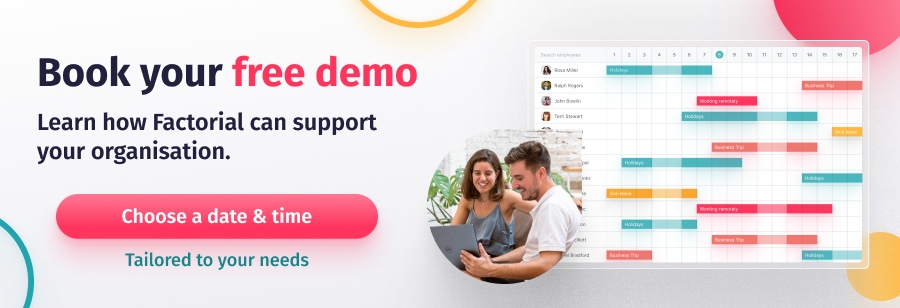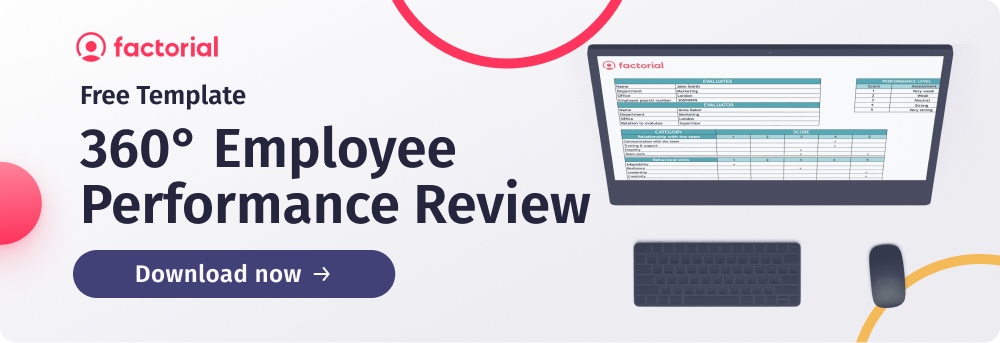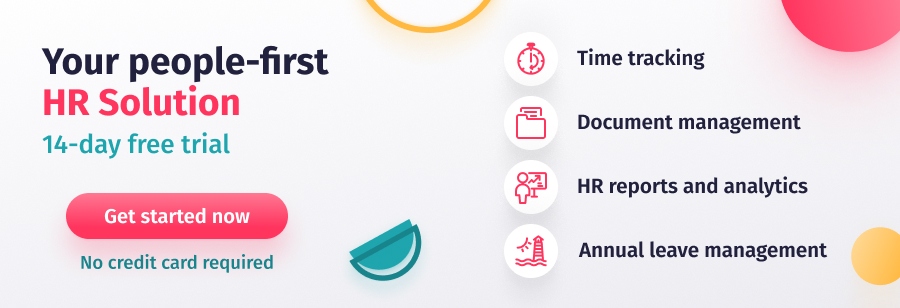Despite many organisations increasing their efforts on diversity, equity, inclusion, and belonging (DEI&B) initiatives, neurodivergent individuals are often overlooked in the diversity conversation.
Neurodiverse people often experience higher rates of unemployment compared to the general population. Employers with limited knowledge about neurodiversity believe people are all affected similarly, resulting in unsuitable support and reducing the potential to help people live happy, healthy lives.
This needs to change. Neurodivergent people have a raft of skills that employers can and should embrace.
In this article, we’ll explain what neurodiversity means for your workplace and the rules and regulations affecting neurodiverse people. We’ll outline the significant benefits of having a neurodiverse workforce and how to support their well-being in the workplace. Help diverse talent flourish and meet business goals.
Table of Contents
What is Neurodiversity?
Neurodiversity is an umbrella term that describes the different thinking styles that affect how people understand and communicate with the world around them.
People have normal genetic variations–processing information differently and having different ways of thinking and performing everyday tasks. Meaning no two people will be affected in the same way.
Since around 15% to 20% of the global population is considered neurodiverse, understanding what it means and how people think can significantly benefit individuals and organisations.
Neurodiverse people can have a range of different conditions, such as:
- Attention Deficit Hyperactivity Disorder (ADHD). The condition affects daily functioning tasks, like concentration, with many people acting on impulse without considering the consequences. It’s estimated that 3% to 4% of people in the UK have ADHD.
- Autism (previously known as autism spectrum disorder). Autistic people have communication difficulties, understanding others’ behaviour and intentions, and reading other people’s facial expressions. According to the British Medical Association, approximately 700,000 people in the UK are diagnosed with autism.
- Tourette’s syndrome. Someone with Tourette’s can have sudden unwelcome and uncontrolled quick and repeated movements or vocal sounds called tics. It is an inherited condition affecting the brain, with over 300,000 children and adults having the condition.
- Dyslexia. People with dyslexia have difficulties with reading, spelling, and writing. With one in ten people affected by the condition, daily tasks like following instructions, organisation, and time management skills are affected.
- Dyspraxia. Affecting around 5% of school-aged children and continuing into adulthood in most cases, dyspraxia is a chronic condition that affects movement and coordination. Employees with dyspraxia struggle to keep up with conversations and lack confidence in tackling new skills.
- Dyscalculia. People with dyscalculia find it challenging to perform mathematical calculations. Given that dyscalculia can accompany other developmental disorders like dyslexia and ADHD, it’s unknown how many people have the condition.
Bear in mind not to stereotype neurodivergent individuals. Not all people with autism will struggle with social skills or communicating their needs; neither will everyone with dyslexia have difficulties with time management.

Neurodiversity and the Law
Neurodivergent workers are protected against discrimination under disability law. Yet, still, many employers have a limited understanding of what neurodivergence means and how disability laws and legislation affect individuals.
The Equality Act 2010 protects people from disability discrimination. It defines disability as having a ‘physical or mental impairment’ and “their impairment has a substantial and long-term adverse effect on their ability to carry out normal day-to-day activities.’ Bear in mind that a disability must have lasted or will last at least 12 months.
That said, not all neurodivergent employees will consider themselves to have a disability. However, they will still fall under the Equality Act.
Reasonable workplace adjustments, like implementing new technology or allowing extra time to complete tasks, can help every employee perform their best.
The Benefits of a Neurodiverse Workforce
Worryingly, half of managers are uncomfortable employing a neurodivergent candidate. Even worse, nearly half of 25-year-olds with autism have never held a paying job.
Although many neurodiverse individuals regard their condition as a hidden ability or special skill, employers can view disabilities as self-limiting rather than an opportunity to use a comprehensive list of specialist skills and strengths.
A neurodivergent employee can give you a competitive edge. A neurodivergent workforce can offer different ways of solving problems from which your business can benefit. For example, autistic employees can have extraordinary memory skills. In some cases, they can quickly remember details about work tasks, pattern recognition, or policies and help other team members learn new processes.
Research suggests that neurodiverse teams are 30% more productive than neurotypical ones. That’s why organisations are realising the innovative capabilities of a more diverse workplace. Diverse employees bring skills and personal qualities such as:
- Creativity
- Empathy
- Intuition
- Observational and memory
- Innovative thinking
- High energy and passion
- Authenticity
- Adaptability and resilience.
There are some significant developments in how employers are embracing neurodiverse talent. The IT & tech sectors, for example, are leading the way with their understanding of neurodiversity. Perhaps because neurodivergent individuals often have specialist skills, such as analytical thinking and sound problem-solving skills – abilities that are highly valued in these industries.
How HR Software Can Support Neurodiversity in the Workplace
Firstly, let’s look at a real-life case study that revolutionised how one company attracted neurodiverse talent and created an inclusive environment.
James Mahoney from JP Morgan Chase changed their recruitment practices which had negatively favoured neurodiverse candidates. Recognising that existing recruitment practices don’t amplify what autistic people are good at, JP Morgan overhauled their traditional interviewing techniques to cater to a diverse workforce.
As a result of its Autism at Work initiative, more neurodiverse individuals were hired. They made fewer errors and were 90% to 140% more productive than neurotypical people.
You can build and maintain an inclusive work environment like this by making simple and effective reasonable adjustments to existing practices. Here’s how.

1. Improve your talent management process
As a neurodivergent population can process information differently, revamp your hiring process to attract and hire diverse talent with customisable employer branding that engages neurodiverse candidates.
Consistent employer branding helps people with ADHD or dyslexia recognise correspondence–allowing them to respond quickly.
Hiring managers can improve the candidate experience and streamline the application process with simple, easy-to-read job descriptions, accessible job interviews, and concise responses to their applications.
Gain a long-term competitive advantage and hire neurodivergent workers with greater awareness and a few simple adjustments.
2. Monitor employee performance
How can you make sure neurodiverse employees are thriving at work?
Personalised performance management tools can give managers and employees valuable insights into their workload, productivity, and development.
Make data-driven decisions to support neurodivergent people, such as offering a buddy system to help them understand new processes or increasing the time they work from home.
Improve company culture by sharing performance management data with individuals. Help neurodivergent employees understand how they are contributing to achieving business goals. Monitor how your people are coping with change and agree on support. Changing work hours to allow more time to understand why change is needed, for example, can build skills.
Some people with autism, for example, have difficulties reading body language and other people’s facial expressions. Offer different ways of communicating progress with short, clear updates or diagrams to explain the timeline for change.
Performance management tools give you a robust process for supporting the neurodivergent community. Help employees with diverse needs by going beyond their usual day-to-day functioning and digging deep into challenges.
Capture the Full Potential of Neurodivergent Professionals
Diversity and inclusion in the workplace is not a nice-to-have. It’s a must-have for any successful business.
Nurture the concept that all people view, think, and feel differently. Recognise the strengths of a neurodivergent employee by celebrating similarities and differences amongst your workforce.
Maintain an inclusive workplace and improve employee engagement by valuing individual strengths and challenges. Capture the full potential of your entire workforce and help everyone lead happy, healthy lives.
HR technology, like Factorial, can help you support neurodiversity for your business. Simplify routine processes with a range of integrated productivity and automation tools.









